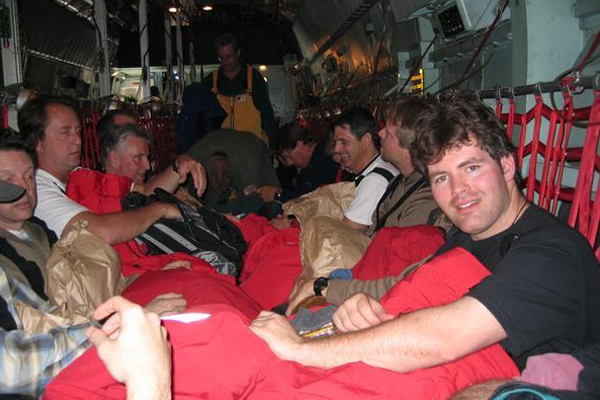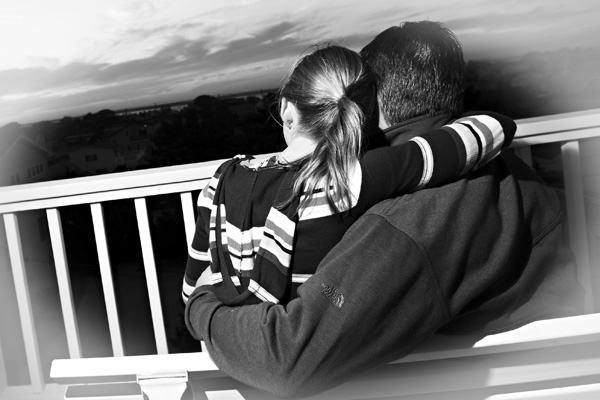With access to the internet in many parts of the globe, it’s easier to stay connected with friends, family, . . . and your favorite TV shows. Unfortunately, blocked content (due to licensing agreements) is a common problem for travelers when out of their home country. Luckily, I found a little known site, called VIPTV.net, which allows me to access TV shows without having to deal with blocked content problems. There is also a trick with Amazon Instant Video to watch a movie when away from wifi. I admit, sometimes I skirt legalities by unblocking content with the use of a web proxy, because having the ability to watch my favorite TV shows and various movies is a small luxury to have while on the road.


Best site for TV shows
VIPTV.net is my favorite streaming content site. On my last count, they offered 780 TV shows; everything from drama, comedy, action, sci-fi, reality, and animation – even old, discontinued shows! Not only do they provide unblocked content, but VIPTV.net has the best pricing with a non-expiring, pay-as-you go membership instead of a monthly fee; perfect for those on a limited budget. Their website is a bit unorthodox with the process of purchasing ‘F$’ credits and then exchanging them for points to be used to watch shows, but otherwise pretty simple to use. VIPTV.net only offers TV shows, so you’ll have to find other options if you want to watch movies during your travels.
Best site for movies

Amazon, the world’s largest online retailer, has also jumped onto the streaming content bandwagon. Amazon Instant Video does offer TV show episodes, but it is my ‘go-to’ source for renting premium movie titles. Movie rentals cost approximately $2.99 – $4.99 US and will stay active up to 30 days; however, once you start the movie you’ll have 48-hours to finish it. Amazon allows you to download your rental onto certain mobile devices so that they can be watched without the need for internet access. I’ve used this trick to load my Kindle with movies to enjoy during long flights and train rides. If you travel out of your home country and wish to watch your rental on your computer, you may need to use a web proxy as the video might be blocked.
Using a web proxy

The use of a web proxy is simply to tell the internet that your computer is located in a particular country/location. Using a web proxy to access blocked content from your own home country for your private viewing is one thing, but using a proxy to watch videos licensed in a different country than your own is bordering on illegal, so please be mindful.
There are oodles of proxy options available. The service I use is Hide My Ass (seriously, that’s their name) as they offer a free proxy to hide my computers actual location as well as encrypt my browsing history. HMA’s web proxy can show my computer as home and allow me to watch my Netflix movies, documentaries, and special events without running into content blocking problems. Read more about web proxies towards the end of this FoxNomad article.
More and more streaming content options continue to become available, such as Hulu, Crackle, Slingbox, even sites for sporting events! With the use of a web proxy, ‘internet-free’ movies from Amazon, or pay-as-you-go TV shows from VIPTV.net, travelers have ways to kill time during a layover or reconnect with a bit of home.
Jannell Howell recently returned from an around-the-world journey that took her through many countries including Thailand, India, the U.A.E., and Europe. Before she left, Jannell discovered a love of researching travel-related gear & services and shared her favorite finds on her blog, Traveljunkie’s World Tour. Jannell will soon relocate to New York City and continue to pursue a location independent lifestyle.

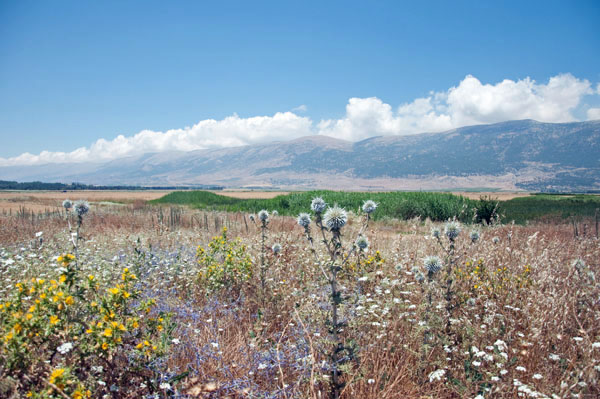
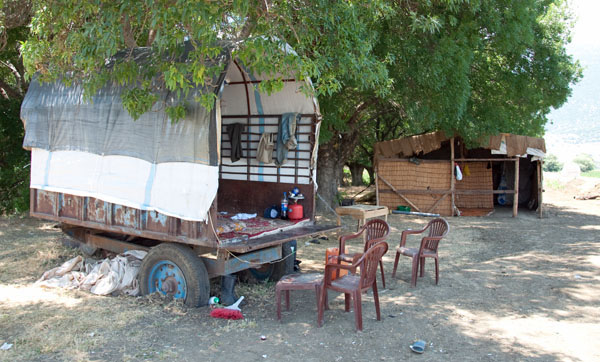

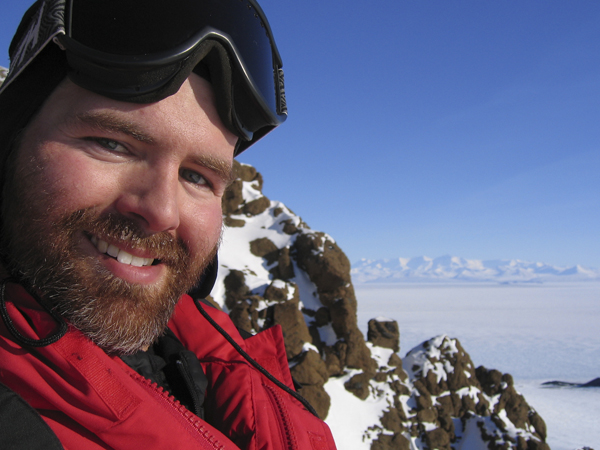 I have never been one to give up on my dreams easily, so I started looking for other ways to get to Antarctica. Everything I found, from the cruises to mountaineering trips on ski-equipped planes, was exclusively reserved for wealthy travelers. I got my break when I came across a news story that talked about the research going on in Antarctica. That article led me to the website for the U.S. Antarctic Program (currently www.usap.gov), which, in turn, led me to the website for Raytheon Polar Services, the scientific support contractor for the U.S. Antarctic Program. I devoured every tidbit of information I could find regarding the Antarctic Program and working in Antarctica and quickly decided that I was going to work down there. The problem was solved, sort of…
I have never been one to give up on my dreams easily, so I started looking for other ways to get to Antarctica. Everything I found, from the cruises to mountaineering trips on ski-equipped planes, was exclusively reserved for wealthy travelers. I got my break when I came across a news story that talked about the research going on in Antarctica. That article led me to the website for the U.S. Antarctic Program (currently www.usap.gov), which, in turn, led me to the website for Raytheon Polar Services, the scientific support contractor for the U.S. Antarctic Program. I devoured every tidbit of information I could find regarding the Antarctic Program and working in Antarctica and quickly decided that I was going to work down there. The problem was solved, sort of…